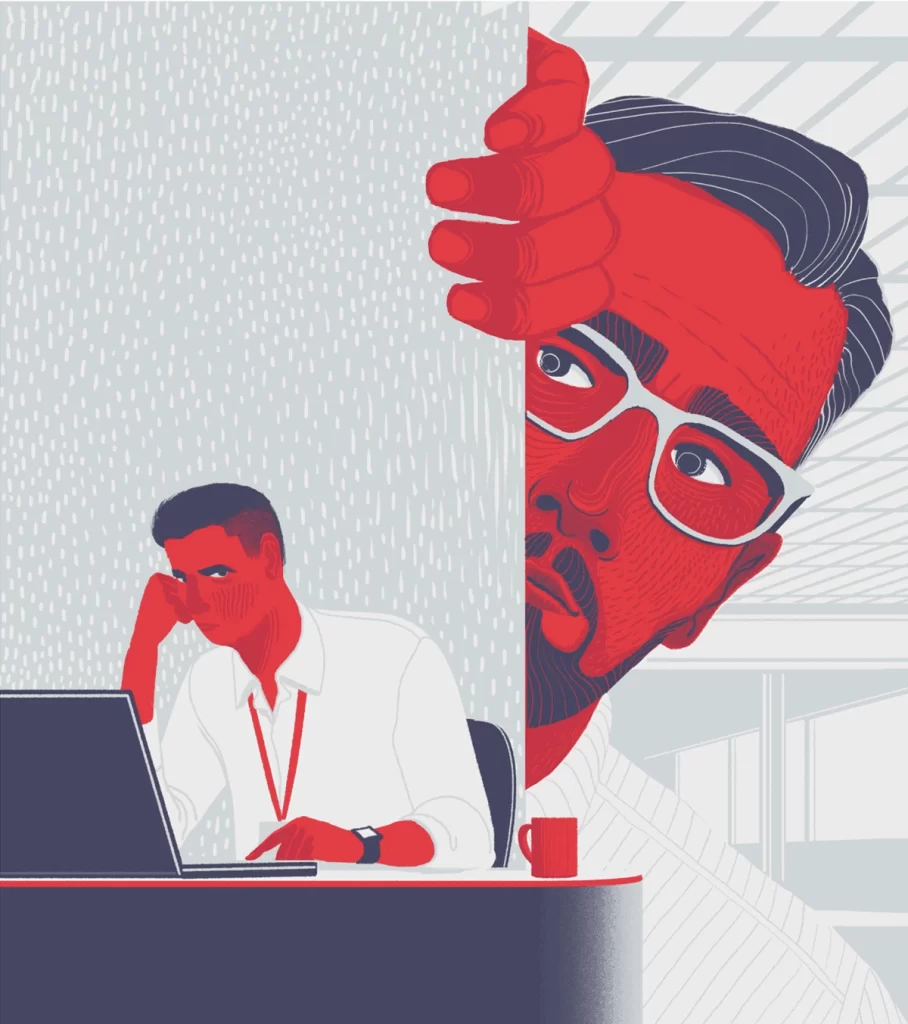
Academic Supervisor Bullying
Canada has one of the best higher education systems in the world. But one bullied or exploited university student or postdoctoral researcher is one too many.
Recent research shows that academic supervisor bullying is a rampant problem and that those who expose academic bullying behavior are often retaliated against.
In fact, academic supervisor bullying and academic mobbing are well-known problems within academic circles, but the legacy media often choose to ignore the problem because of the “symbiotic” relationship they have with higher education institutions (e.g., getting story quotes from university experts). So the extent of the problem remains largely under the radar of public awareness.

Until I was personally bullied and subsequently mobbed after refusing to cover up the bullying, I had as much awareness about the extent of the problem as the next person.
They want the liberty to ruin academic careers without accountability or repercussions.
Baha Abu-Shaqra, PhD
Here, in brief, is my personal supervisor bullying story with University of Ottawa professors Rocci Luppicini, Liam Peyton, and Andre Vellino (my PhD thesis advisory committee members): What you must know about uOttawa Prof. Rocci Luppicini.
Read my letter to uOttawa President Jacques Frémont about how to easily implement policy reforms to prevent supervisor bullying of uOttawa students: uOttawa President Jacques Frémont ignores university bullying problem.
You may also be interested in How to end supervisor bullying at uOttawa.
My academic supervisor bullying experience at the University of Ottawa is what prompted me to launch this ambitious policy reform advocacy website. The facts put the University of Ottawa’s administration in disgrace.
My academic supervisor deliberately and unambiguously sabotaged my academic career. Subsequently, when I asked for academic support from my PhD thesis advisory committee members, I was advised to keep my mouth shut and to get over it.
There’s this idea held by some academic advisors that they have a licence to kill the academic career of their advisees if they felt like it, with no repercussions or accountability.
The main responsibility of my thesis advisory committee members was to not try to destroy my academic career. Instead, they turned into a vicious career-assassination mob, knowing that the university’s administration will look the other way.

Academic supervisor bullying: The point is to change it
There is no accountability for ruining the academic career or damaging the mental health of graduate students by spiteful or vindictive supervisors. The system tolerates the abuse of power relations between supervising university professors and their graduate students.
Some of us are fighting back. Increasingly, some of us are showing leadership in the face of executive “trailership”.
This website focuses on university policy governing power relations between academic advisors and graduate students/postdoctoral researchers. I have presented concrete suggestions to the university’s administration on how to reduce the risk of power abuse and corollary damage. Should the University of Ottawa’s executive office take these suggestions seriously, I am prepared to forgive and forget.
I obtained my PhD in Digital Transformation and Innovation in April 2020 from the PhD in DTI uOttawa Program at uOttawa engineering, School of Electrical Engineering and Computer Science (EECS), on the topic of ethical hacking sociotechnology (thesis title, Technoethics and sensemaking: Risk assessment and knowledge management of ethical hacking in a sociotechnical society).
This SEO-friendly website aims to serve as an important resource for IT and cybersecurity professionals and educators. It also serves as a low-key model for ethical policy reform activism.
Through minor policy reform at the organizational level, one university at a time, Canada can begin to claim a global leadership position in combating supervisor-student bullying by working to eradicate university policy holes that can be exploited by unscrupulous supervising university professors to the detriment of individuals and society.
There is also a great economic ROI potential when Canada gains a competitive edge in the global market of post-secondary education by positioning itself as the country in which a student or postdoctoral researcher is least likely to be bullied.
Want to volunteer?
If you want to change the world, areas you can contribute to include university policy analysis, summarizing current research on the topic of supervisor-student bullying in universities, doing media outreach activities, etc. The world needs your empathy and compassion.
Want to get involved or have a burning question?
Reach out to the curator of this website at LinkedIn.com/in/DTI-Techs